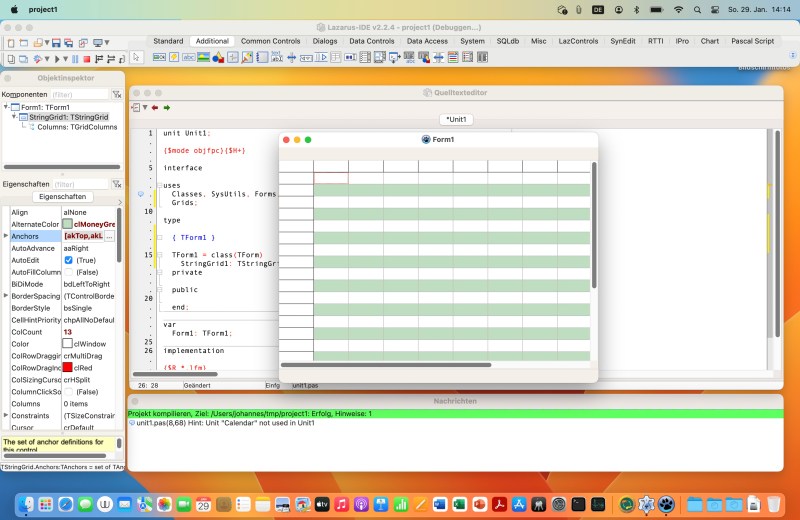The Case for Pascal, 55 Years On

The first version of Pascal was released by the prolific [Niklaus Wirth] back in 1970. That’s 55 years ago, an eternity in the world of computing. Does anyone still use Pascal in 2025? Quite a few people as it turns out, and [Huw Collingbourne] makes the case why you might want to be one of them in a video embedded below.
In all fairness, when [Huw] says “Pascal” he isn’t isn’t talking about the tiny language [Wirth] wrote back when the Apollo Program was a going concern. He’s talking about Object Pascal, as either Free Pascal or Delphi– which he points out are regularly the tenth most popular of all programming languages. (Index.dev claims that it has climbed up to number nine this year, just behind Go.) As a professional move, it might not be the most obvious niche but it might not be career suicide either. That’s not his whole argument, but it’s required to address the criticism that “nobody uses Pascal anymore”.
Pascal, quite simply, can make you a better programmer. That, as [Huw] points out, was an explicit goal of the language. Before Python took over the education world, two generations of high school students learned Pascal. Pascal’s strong typing and strict rules for declaration taught those kids good habits that hopefully carried over to other languages. It might help you, too.
For experienced programmers, Pascal is still a reasonable choice for cross-platform development. Free Pascal (and the Lazarus IDE) brings the graphical, drag-and-drop ease that once made Delphi rule the Windows roost to any modern platform. (And Delphi, a commercial Pascal product, is apparently still around.) Free Pascal lets you code on Linux or Mac, and deploy on Windows, or vice-versa. While you could do that on Python, Pascal gets you a lot closer to the metal than Python ever could.
Sure, it’s a modern object-oriented language now, with objects and classes and hierarchies and all that jazz– but you don’t always have to use them. If you want to go low-level and write your Pascal like it’s 1985, you can. It’s like being able to switch into C and manipulate pointers whenever you want.
On some level, perhaps the answer to the question “Why use Pascal in 2025” is simply– why not? It’s likely that the language can do what you want, if you take the time to learn how. You can even use it on an Arduino if you so wish– or go bare metal on the Raspberry Pi.
Thanks to [Stephen Walters] for the tip.
from Blog – Hackaday https://ift.tt/6tzFXGu
Comments
Post a Comment